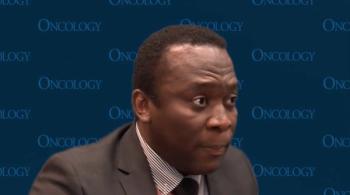
Greater direct access to academic oncologists may help address challenges associated with a lack of CAR T education in the community setting.

Your AI-Trained Oncology Knowledge Connection!


Contemporary Concepts in Hematologic Oncology is an online resource for professionals within the oncology space, from medical oncologists and pathologists to oncology nurses and mental health experts. According to the Leukemia & Lymphoma society, 1 person is diagnosed with leukemia, lymphoma, or myeloma every 3 minutes in the United States, accounting for 9.8% of new cancer cases diagnosed in 2021. As such, CancerNetwork® has created a central hub to inform oncology professionals about the latest developments in patient care within the hematologic oncology space. Contemporary Concepts in Hematologic Oncology also provides the most recent findings with regard to patient-specific issues such as the financial impact of hematologic malignancies, psychosocial concerns, disparities in care and outcomes, survivorship, guideline updates, and care for geriatric populations.
Contemporary Concepts in Hematologic Oncology showcases articles, podcasts, and video interviews with key opinion leaders in the field in order to keep you up to date with the latest developments in the hematologic malignancy space.

Greater direct access to academic oncologists may help address challenges associated with a lack of CAR T education in the community setting.

Educating community practices on CAR T referral and sequencing treatment strategies may help increase CAR T utilization.
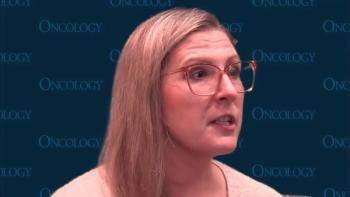
Harmonizing protocols across the health care system may bolster the feasibility of giving bispecifics to those with lymphoma in a community setting.
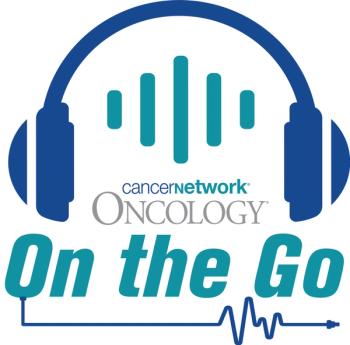
A leader from the adolescent and young adult lymphoma space discusses how collaboration between adult and pediatric oncologists has transformed the field.
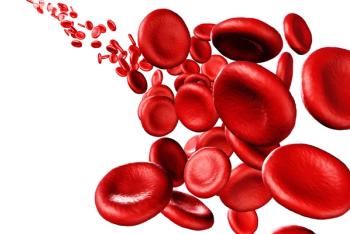
“When thinking about treatment options for refractory DLBCL you consider: Is it safe to give an older patient CAR T-[cell therapy]?,” said Jennifer Amengual, MD.

David M. Swoboda, MD, and Andrew Kuykendall, MD, spoke about the current treatment strategies and potential advancements that may improve outcomes such as spleen volume reduction in the myelofibrosis field.

Establishment of an AYA Lymphoma Consortium has facilitated a process to better understand and address gaps in knowledge for this patient group.
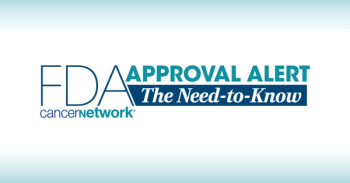
Patients with Philadelphia chromosome�–positive CML in chronic phase will no longer be required to fast before taking nilotinib tablets.

Adult and pediatric oncology collaboration in assessing nivolumab in advanced Hodgkin lymphoma facilitated the phase 3 SWOG S1826 findings.

Treatment paradigms differ between adult and pediatric oncologists when treating young adults with lymphoma.